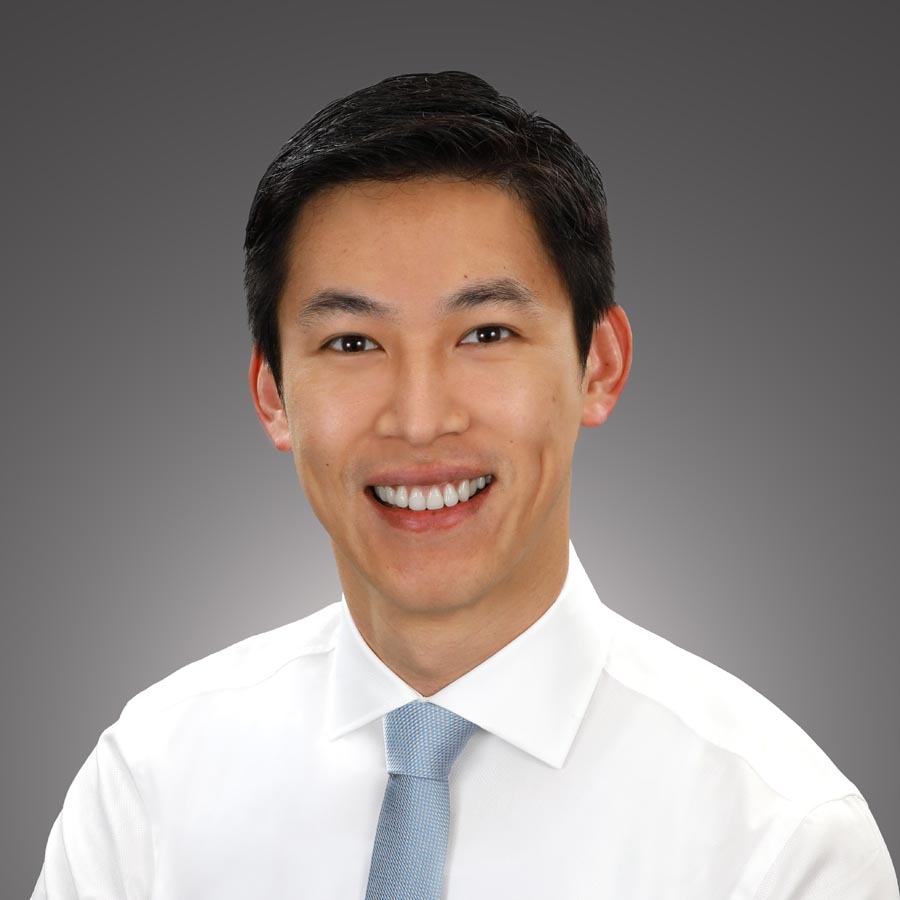What Is Pediatric Pulp Therapy?

Inside every tooth is a space called the pulp chamber that houses the nerves, the blood supply, and the soft tissue that keep the tooth alive. When the pulp tissue becomes infected or inflamed due to deep cavities or a traumatic injury, a child can experience immense pain. Dr. Lin may recommend pediatric pulp therapy (also called a “baby root canal”) to repair and preserve the affected tooth and to relieve your child from any discomfort.
Why Preserve A Damaged Baby Tooth?
Losing a baby tooth prematurely can interfere with chewing and speech development, and can affect the alignment of the permanent teeth developing behind the scenes. Moreover, the gap left by a missing tooth could allow the adjacent teeth to shift and tilt, potentially resulting in crooked teeth, a crowded mouth, or bite problems. As a result, it is often desirable to try to save a baby tooth with damaged pulp rather than to simply remove the tooth. Often, pediatric pulp therapy can be used to save such a tooth.
Types of Pediatric Pulp Therapy
There are two types of pediatric pulp therapy: pulpotomies and pulpectomies.
Pulpotomy: A pulpotomy can be performed on baby teeth and growing permanent teeth and is used when pulp needs to be removed only from the tooth’s crown (the visible portion of a child’s tooth). The procedure involves the removal of the infected or damaged portion of the pulp, which provides relief to the remaining healthy pulp tissue.
Pulpectomy: In teeth with severe decay, trauma, or pulp infection, the entire pulp tissue (meaning pulp in both the tooth’s crown and its root) may need to be removed.
In both pulpotomies and pulpectomies, the infected or damaged pulp tissue is removed, the tooth is disinfected, a therapeutic filling material is applied, and a restorative crown (a cap that goes over the tooth) is used to strengthen the tooth and protect it from further damage.
How Can You Prevent Dental Pulp Damage?
The best way to prevent pulp damage is to keep your child’s teeth healthy and protected against injury. That involves meticulous oral hygiene practices, regular dental exams and cleanings, and protecting your child’s teeth from trauma using protective custom mouthguards during athletic activities.
Pediatric Pulp Therapy in Dallas/Fort Worth
Contact Hurst Pediatric Dentistry to learn more about preserving your child’s teeth with the help of pediatric pulp therapy. We always strive to deliver exceptional, gentle care at our kid-friendly facility to help our patients maintain healthy, happy smiles. Call our office at (817) 510-6400 to book an appointment for your child.
Hurst Pediatric Dentistry is located in Hurst, Texas, and provides preventative and restorative dental treatments to children from Hurst, Euless, Bedford, North Richland Hills, Keller, Colleyville, Southlake, Arlington, Irving and the surrounding areas.
This article is intended to provide general information about oral health topics. It should not be used to diagnose or treat any medical condition or as a substitute for the advice of a healthcare professional who is fully aware of and familiar with the specifics of your case. Always seek the advice of your dentist or other qualified healthcare provider with regard to any questions you may have relating to a medical condition or treatment.
MEDICALLY REVIEWED BY:
Dr. Jin Lin

Dr. Jin Lin is a board-certified pediatric dentist with a passion for helping children achieve healthier, more beautiful smiles. He earned his Bachelor of Science degree from Cornell University and his Doctor of Dental Medicine (D.M.D.) degree from the Harvard School of Dental Medicine. After graduating cum laude from dental school, he completed his post-doctoral pediatric dentistry training at Boston Children’s Hospital and the Harvard School of Dental Medicine, where he served as chief resident and worked with children with a wide variety of special medical and dental needs, including children with rare syndromes.

